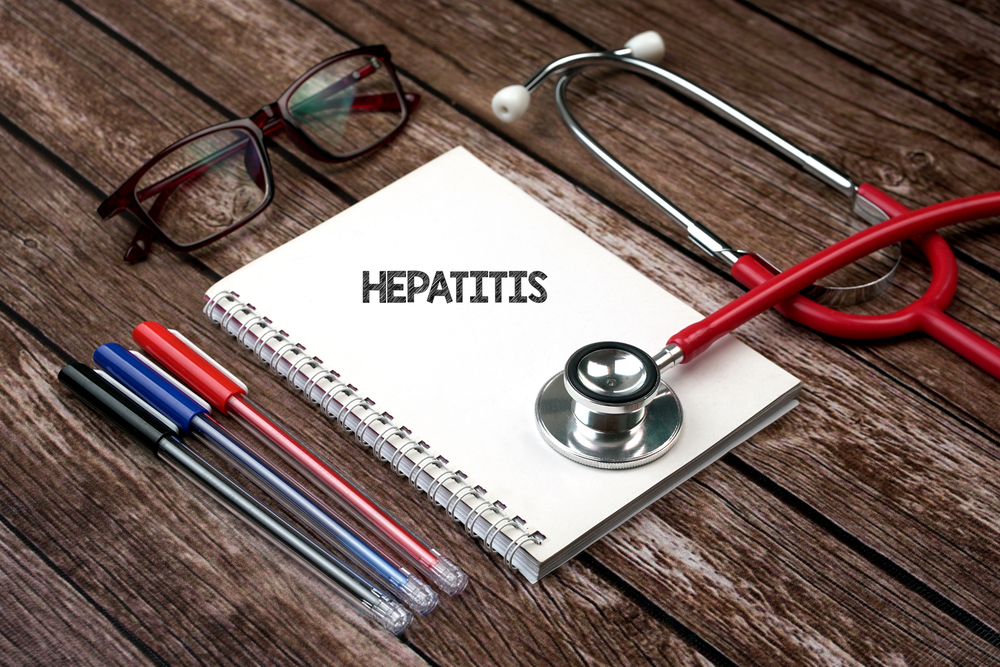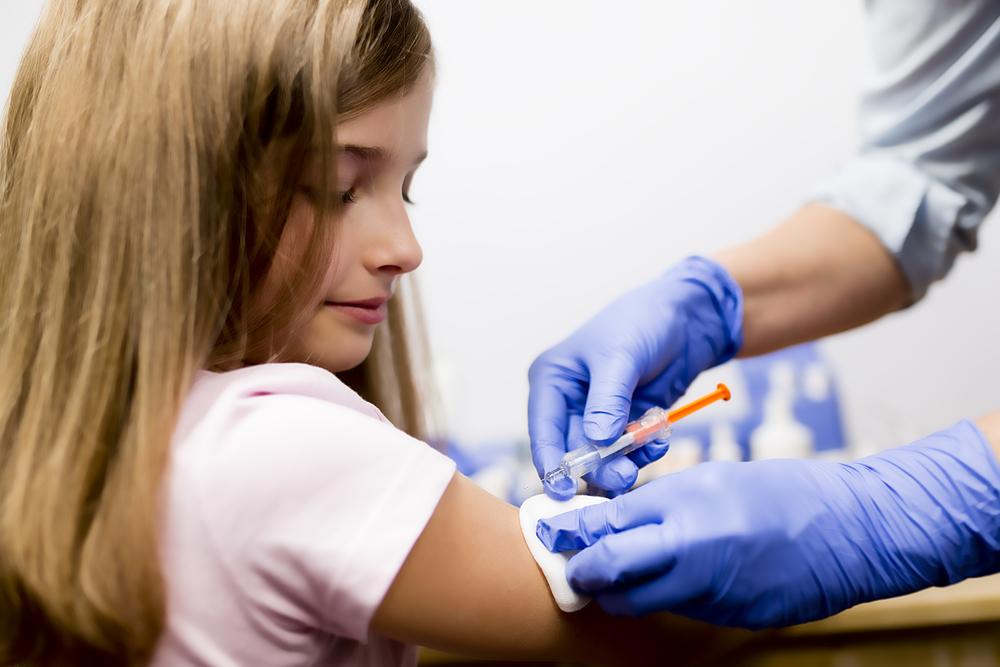The Impact of Bacterial Infections on Human Health: Causes, Symptoms, and Prevention
This comprehensive article explores bacterial infections, their causes, symptoms, and preventive measures. It highlights the importance of hygiene, vaccinations, and early treatment in controlling bacterial diseases, which can affect various parts of the body and lead to serious health issues. Understanding these infections helps in reducing their spread and maintaining overall health and well-being.

Understanding How Bacterial Infections Affect Our Health and Well-being
Bacterial infections are a common health concern worldwide, arising when harmful bacteria multiply rapidly within the human body. These microscopic organisms, which are invisible to the naked eye, are found ubiquitously in our environment, on surfaces, in water, and even within our own bodies. While many bacteria are harmless or even beneficial, some strains can cause significant health issues, leading to a wide range of diseases. Recognizing the nature of bacterial infections, their causes, transmission pathways, symptoms, and methods for prevention are essential steps towards safeguarding health.
It is important to understand that bacteria are single-celled organisms that belong to the domain Bacteria. They are incredibly diverse, with thousands of different species that have adapted to thrive in various environments. Certain bacteria are necessary for normal bodily functions, aiding digestion and contributing to immune health. However, pathogenic bacteria can invade sterile parts of the body, such as the bloodstream, urinary tract, or tissues, leading to infections that may have serious consequences if not diagnosed and treated promptly.
Some bacteria are transmitted through contaminated food and water, leading to foodborne illnesses. Common examples include Escherichia coli (E. coli) and Salmonella, which can cause symptoms ranging from mild gastrointestinal discomfort to severe diarrhea, dehydration, and even life-threatening complications. Other bacteria such as Helicobacter pylori are responsible for chronic gastritis, peptic ulcers, and are linked to gastric cancers. The routes of infection can include ingestion of contaminated sources, person-to-person contact, or contact with contaminated surfaces.
Infections caused by bacteria are not limited to the gastrointestinal tract. Sexually transmitted bacterial infections, like gonorrhea caused by Neisseria gonorrhoeae, manifest through painful urination, abnormal discharges, and pelvic pain. Meningitis, an infection of the membranes covering the brain and spinal cord caused by Neisseria meningitidis, can present with severe symptoms such as high fever, confusion, stiff neck, and body aches, and can be fatal if not treated promptly. Skin infections caused by Staphylococcus aureus can lead to abscesses, cellulitis, or even pneumonia in certain cases. Streptococcal bacteria often cause sore throats, scarlet fever, and rheumatic fever, with symptoms including sore throat, fever, and rash.
Preventive measures play a crucial role in reducing the burden of bacterial infections. Maintaining rigorous personal hygiene, such as frequent hand washing with soap and water, cleaning and disinfecting surfaces, and practicing safe food handling, are effective mitigation strategies. Vaccination is effective against certain bacterial diseases, such as tetanus, diphtheria, and pneumococcal diseases. Early diagnosis through laboratory testing, coupled with appropriate antibiotics, ensures effective treatment and reduces the risk of complications. Public health awareness campaigns and education are vital in preventing bacterial outbreaks and controlling the spread of infections.
In conclusion, bacterial infections pose a significant threat to human health but can be effectively managed through a combination of hygiene practices, vaccinations, early detection, and prompt medical care. As bacteria are everywhere in our environment, understanding their behavior, modes of transmission, and preventive strategies is key to minimizing their impact on health. Continued research and public health initiatives remain essential in combating bacterial diseases and safeguarding global health.





